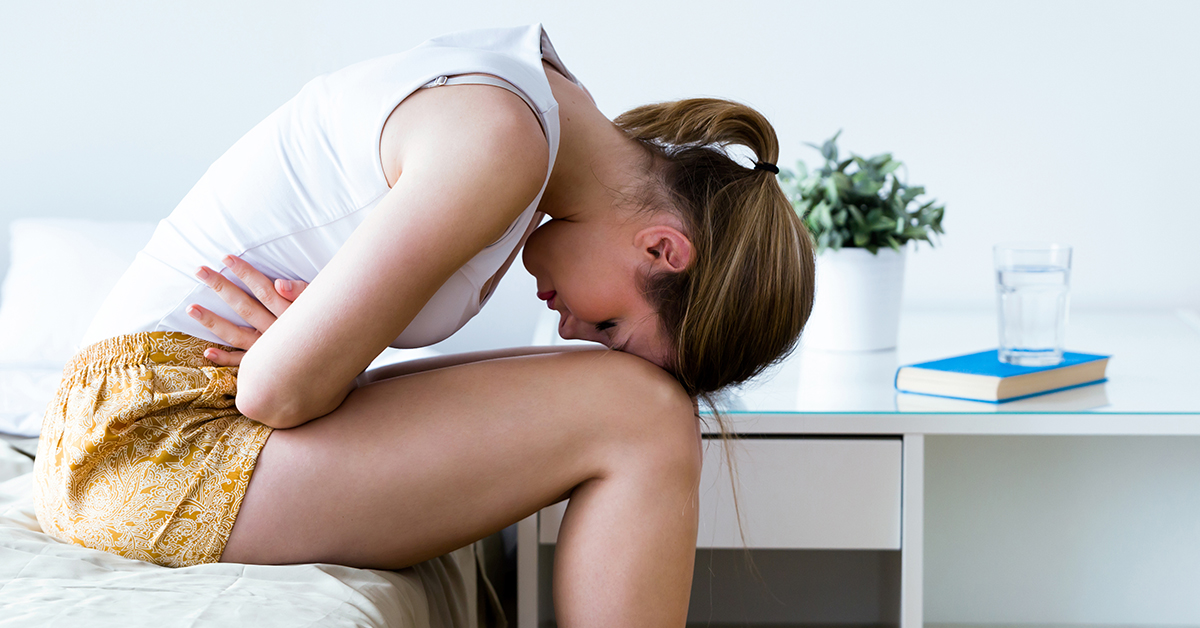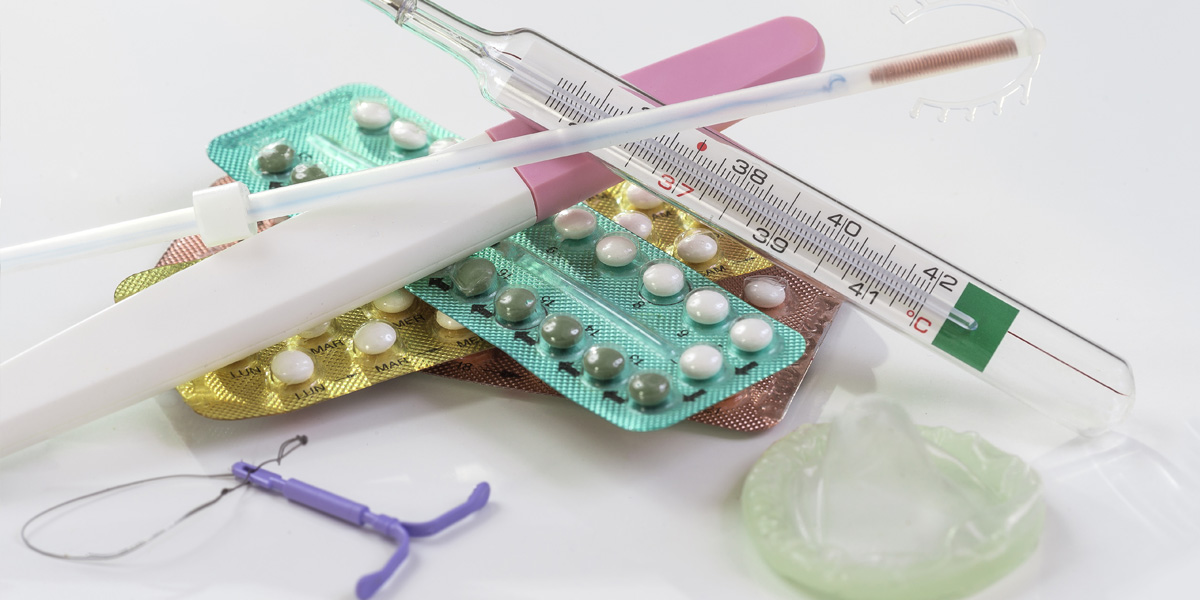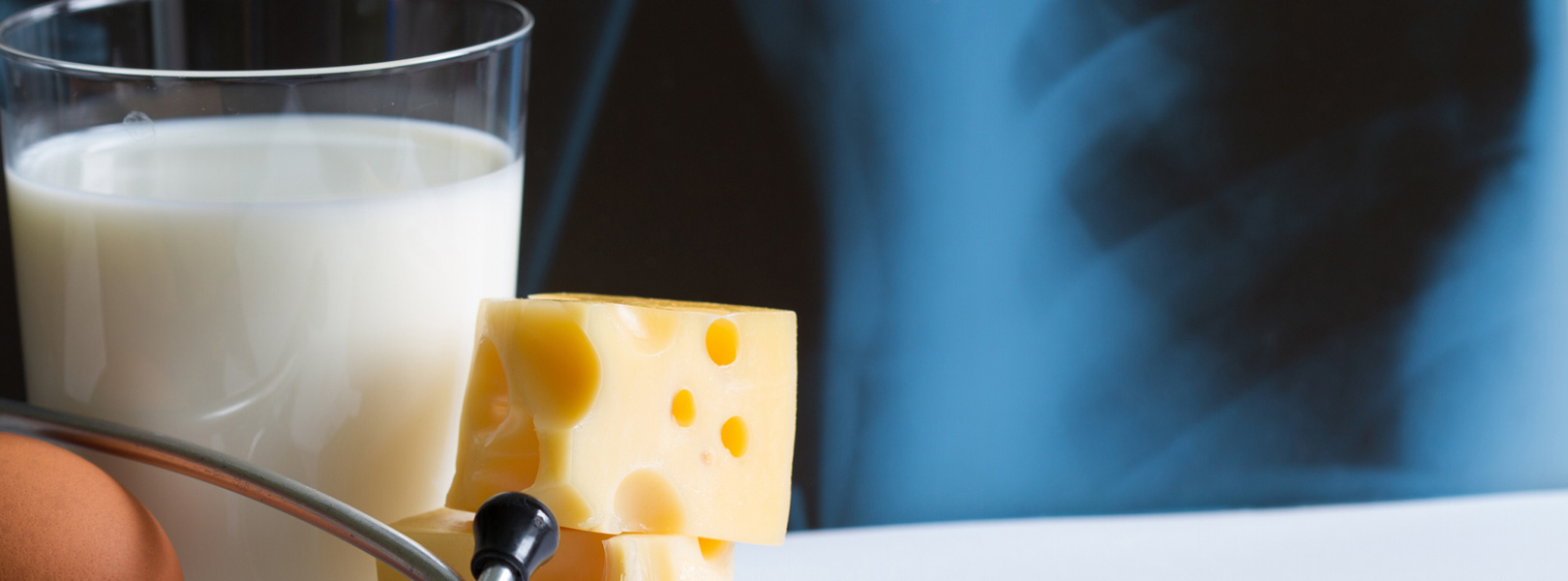Painful periods affect more than half of all women. As a common condition that occurs during their reproductive years, it’s important to address the concerns surrounding it. Let’s dive into the underlying reasons of dysmenorrhea, as well as options for treatment and ways to ease any concerns you may have.
Causes of dysmenorrhea
There are two primary types of dysmenorrhea, or menstrual pain: primary and secondary.
- Primary Dysmenorrhea can cause cramping and pelvic pain during menstruation by releasing excess uterine prostaglandins. You can ease the pain using over-the-counter painkillers like Aleve, Midol, and Ibuprofen, which help stop the production of prostaglandins.
- Secondary Dysmenorrhea is caused by an underlying medical condition, such as endometriosis. This condition can cause bladder and bowel issues, scarring, and severe pain. Diagnosing endometriosis is usually done through laparoscopy, which is a minimally invasive surgical procedure. Treatments include hormone therapy and surgery to remove the growths of endometrial tissue.
Treating dysmenorrhea
Clinical treatments
Dysmenorrhea can be debilitating, but several treatment options can help alleviate its pain and discomfort. Here are four approaches:
- Anti-inflammatories: Nonsteroidal anti-inflammatory drugs (NSAIDs) like ibuprofen and naproxen can reduce pain and cramping. It’s best to take these medications on a schedule rather than waiting for the pain to peak.
- Magnesium and Vitamin B1: Many women find relief by supplementing with magnesium oxide (400mg, three times a day) and Vitamin B1 during the initial days of their period.
- Hormonal treatment: Hormonal options like progesterone-only pills, combination oral contraceptives, and progesterone intrauterine devices (IUDs) can significantly reduce dysmenorrhea by decreasing prostaglandin production. For those with endometriosis, a GnRH antagonist called elagolix may be a solution by temporarily lowering estrogen levels.
- Laparoscopy: When other treatments don’t work, your healthcare provider may recommend laparoscopy. This minimally invasive outpatient procedure allows for the evaluation and treatment of underlying conditions causing painful periods.
Complementary treatments
Along with seeking medical advice, these complementary approaches can help alleviate menstrual pain.
- Exercise: A good exercise program can reduce stress and tension in your body, which helps to alleviate cramps during menstruation. Exercise releases endorphins, which are hormones that help reduce pain.
- Diet: Eating a healthy balanced diet helps to regulate your menstrual cycle and reduce inflammation. Foods rich in omega-3 fatty acids, antioxidants, vitamin B12, zinc, magnesium, and other minerals can help reduce inflammation and support overall health.
- Sleep: Ensuring you get enough sleep can help your body and mind recharge, which can help relieve menstrual cramps.
- Stress reduction: Managing stress can help reduce tension in the body, leading to reduced menstrual pain. Yoga, tai chi, and meditation are all great ways to relax your mind and body.
- Heat therapy: Applying a heat patch or hot water bottle to your abdomen helps to relax tense muscles and reduce pain.
- Massage: By relaxing the muscles, reducing inflammation, and improving circulation, massage may be helpful in reducing period pain.
- Acupuncture: This ancient therapy has been shown to be effective in reducing the severity of menstrual pain and the need for pain medication.
The more you know about dysmenorrhea and its treatments, the better equipped you will be to manage it when it strikes. If you are experiencing extreme pain or changes in your cycle, consult with your healthcare provider. With the right combination of medical and lifestyle modifications, you can find relief and regain control over your health.
Reach out for help
Most importantly, don’t be afraid or embarrassed to talk about it. Dysmenorrhea is a common condition that affects many women – so please reach out to your Women’s Health provider for support. Together, we can find relief and help manage your menstrual pain. Call 320.679.1313 or request an appointment online.













